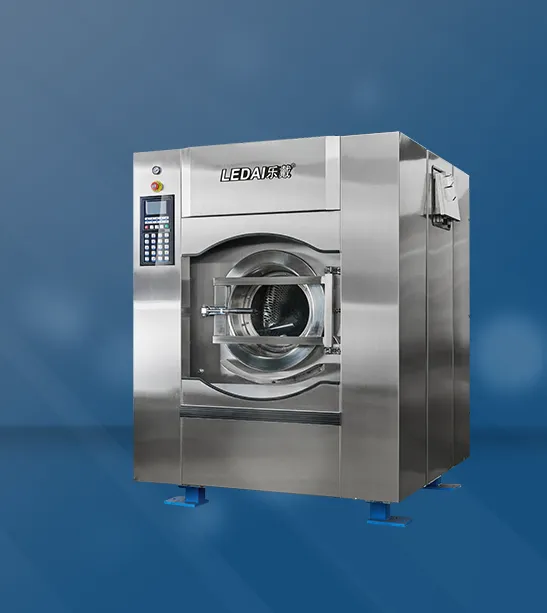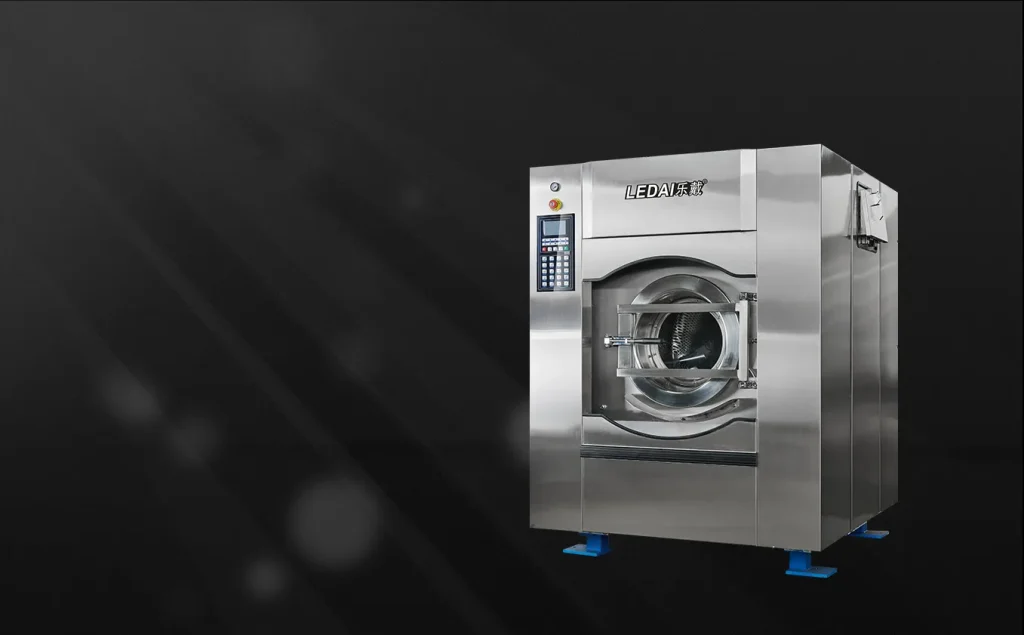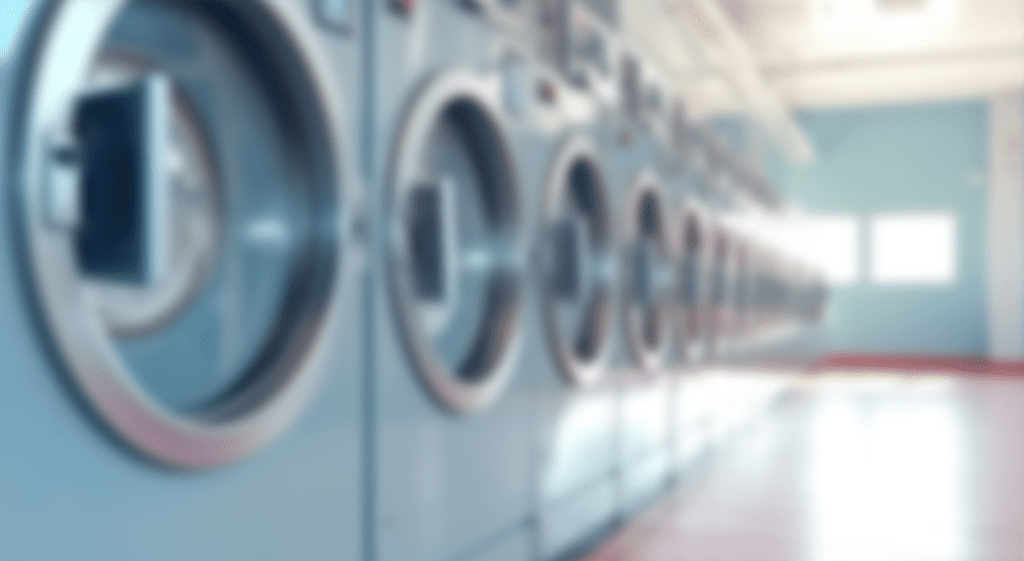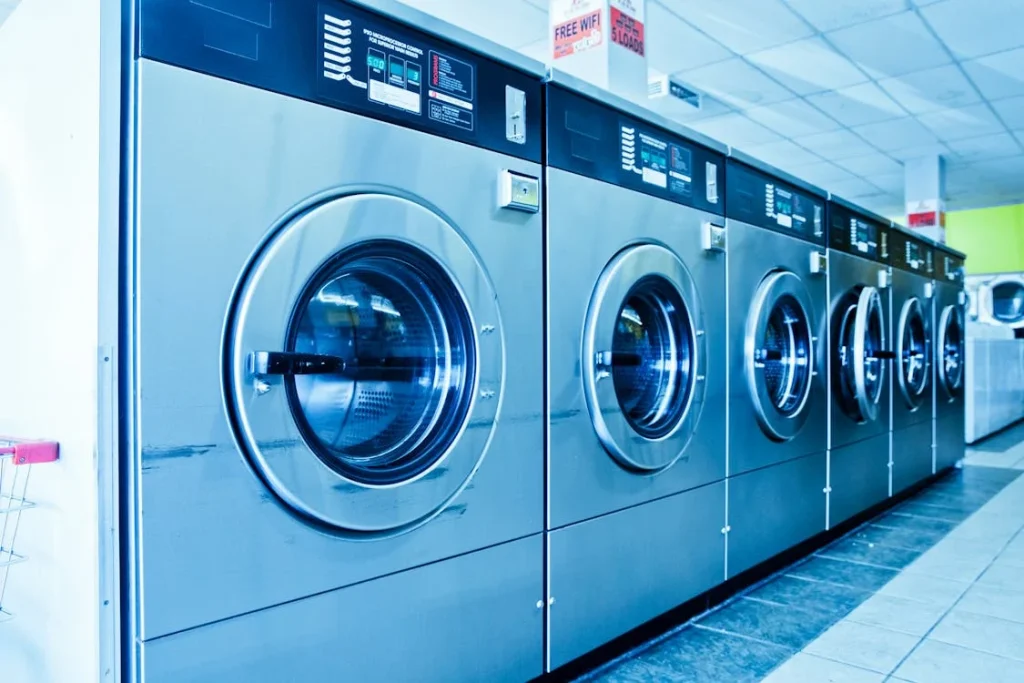If you’ve ever been curious about what sets these two apart or wondered when to choose one over the other, you’ve come to the right place. Let’s dive in and uncover the details behind these two cleaning powerhouses.
Table of Contents
- 1. Understanding Dry Cleaning
- 2. Exploring Industrial Laundry
- 3. Key Differences Between Dry Cleaning and Industrial Laundry
- 4. Benefits of Dry Cleaning
- 5. Benefits of Industrial Laundry
- 6. When to Choose Dry Cleaning
- 7. When to Choose Industrial Laundry
- 8. Conclusion: Choosing the Right Solution
- 9. FAQs About Dry Cleaning and Industrial Laundry
1. Understanding Dry Cleaning
Dry cleaning might sound mysterious, but the process is pretty straightforward once you break it down. It’s not a waterless process—it’s just that the cleaning liquid isn’t water.

1.1. Definition of Dry Cleaning
Dry cleaning is a specialized cleaning process that uses chemical solvents instead of water. This method is particularly effective for delicate fabrics or garments with embellishments that can be damaged by traditional water-based washing methods. It’s a favorite choice for clothing that requires extra care.
Unlike your regular laundry, which relies on the mechanical action of washing machines and the solvency of water, dry cleaning uses advanced solvents to clean fabrics gently and thoroughly. It’s like giving your clothes a spa day.
1.2. How Dry Cleaning Works
The dry cleaning process kicks off with a thorough inspection of your clothes. Professionals look for stains, fabric damage, and manufacturer labels to determine the right cleaning approach. Next, your garments are placed in a large, computerized dry-cleaning machine.
Here’s the kicker: instead of water and detergent, the machine uses a solvent—most commonly perchloroethylene (perc). Perc is excellent at dissolving grease, oils, and other tough stains. The machine washes, rinses, and spins the garments to remove the solvent before they’re dried and pressed. Finally, your clothes are inspected one more time to ensure they’re spotless.
1.3. Solvents Used in Dry Cleaning
While perc is the traditional solvent of choice, more eco-friendly options have gained popularity in recent years. Liquid carbon dioxide and hydrocarbon solvents are safer for the environment and just as effective. Some cleaners even offer wet cleaning—a water-based alternative designed for delicate fabrics.
1.4. Common Items for Dry Cleaning
Dry cleaning is ideal for specialty garments like suits, evening gowns, silk blouses, and wool coats. It’s also the go-to method for clothes with intricate beading or lacework that can’t withstand the agitation of a washing machine.
2. Exploring Industrial Laundry

Industrial laundry takes a different approach. If dry cleaning is like a spa day for your clothes, industrial laundry is a no-nonsense boot camp. It’s designed for volume, speed, and durability.
2.1. Definition of Industrial Laundry
Industrial laundry refers to the large-scale cleaning of textiles, typically for businesses and institutions. It’s built to handle massive quantities of laundry quickly and efficiently. Hotels, hospitals, restaurants, and factories rely on industrial laundry services to keep their operations running smoothly.
Unlike dry cleaning, industrial laundry focuses on water-based cleaning methods. It’s all about practicality—getting the job done effectively for large loads of durable fabrics.
2.2. How Industrial Laundry Works
The process starts with sorting laundry by color, fabric type, and soil level. Once sorted, textiles are loaded into industrial washing machines—these are no ordinary washers. They’re heavy-duty, high-capacity machines that can clean hundreds of pounds of laundry in one cycle.
Detergents and water work together to remove dirt, grease, and stains. After washing, the textiles are dried, pressed, and folded using advanced machinery. The entire process is streamlined for maximum efficiency.
2.3. Equipment Used in Industrial Laundry
Industrial laundry facilities are equipped with an arsenal of high-tech machines. Large washing machines, industrial dryers, and automated folding machines dominate the landscape. Steam presses ensure that linens and uniforms come out crisp and professional.
2.4. Types of Fabrics Cleaned
Industrial laundry services are designed to handle heavy-duty fabrics like cotton, polyester, and blends. These materials are commonly found in uniforms, towels, bed linens, and industrial workwear.
3. Key Differences Between Dry Cleaning and Industrial Laundry
At first glance, dry cleaning and industrial laundry may seem similar—they both clean clothes, right? But the differences run deeper.
3.1. Cleaning Process
Dry cleaning relies on solvents to dissolve dirt and stains, while industrial laundry uses water and detergent. The mechanical agitation in industrial laundry is more intense, making it suitable for sturdier fabrics.
3.2. Chemicals vs. Detergents
Dry cleaning uses specialized chemicals like perc or liquid CO2, whereas industrial laundry uses water-soluble detergents. The choice of cleaning agent has a significant impact on the results.
3.3. Suitable Fabrics
Dry cleaning is perfect for delicate, high-maintenance fabrics like silk, wool, or cashmere. Industrial laundry is better suited for heavy-duty textiles that can withstand repeated washing cycles.
3.4. Cost Differences
Dry cleaning tends to be more expensive due to the specialized equipment, solvents, and expertise involved. Industrial laundry is more cost-effective for bulk cleaning needs, making it the preferred choice for businesses.
4. Benefits of Dry Cleaning
Dry cleaning isn’t just a luxury—it’s a necessity for certain garments and fabrics. Let’s explore its advantages.
4.1. Delicate Fabric Care
Some fabrics simply can’t handle water. Silk, for example, can shrink or lose its sheen, while wool can felt and become unwearable. Dry cleaning ensures these materials remain intact and beautiful.
4.2. Stain Removal Efficiency
Dry cleaning excels at removing oil-based stains that water can’t touch. Whether it’s a grease stain from a meal or makeup smudges on a blouse, dry cleaning gets the job done.
4.3. Prolonged Garment Life
By avoiding harsh detergents and water-based washing, dry cleaning extends the life of your clothes. It’s a way to protect your investment in high-quality garments.
5. Benefits of Industrial Laundry
Industrial laundry might not have the finesse of dry cleaning, but it’s unmatched in terms of efficiency and practicality.
5.1. High Volume Cleaning Efficiency
When you’re dealing with hundreds of pounds of laundry daily, industrial laundry is a lifesaver. It’s fast, reliable, and built for scale.
5.2. Sustainability and Eco-Friendly Practices
Modern industrial laundry facilities have embraced green technologies. Water recycling, energy-efficient equipment, and biodegradable detergents reduce their environmental impact.
5.3. Cost-Effectiveness
For businesses, industrial laundry offers significant cost savings. Cleaning in bulk reduces costs per item, making it a budget-friendly solution for industries.
6. When to Choose Dry Cleaning
You should opt for dry cleaning when dealing with:
- Delicate or specialty fabrics like silk and velvet.
- Garments with embellishments or intricate detailing.
- Stubborn, oil-based stains.
- Clothes that need to retain their shape and structure.
7. When to Choose Industrial Laundry
Industrial laundry is your best bet when you need to:
- Clean large volumes of textiles efficiently.
- Wash durable fabrics like cotton and polyester.
- Save money on bulk laundry services.
- Ensure consistent, high-quality results for business needs.
8. Conclusion: Choosing the Right Solution
Both dry cleaning and industrial laundry are indispensable, but they serve different purposes. If you’re dealing with a treasured silk blouse, dry cleaning will treat it like royalty. On the other hand, if you’re managing linens for a hotel or uniforms for a factory, industrial laundry offers the efficiency and cost-effectiveness you need.
The next time you’re deciding between the two, think about your fabric, cleaning goals, and budget. Understanding these processes will help you make the right choice.
9. FAQs About Dry Cleaning and Industrial Laundry
Can I dry clean my clothes at home?
While some home kits mimic dry cleaning, professional services provide better and safer results.
What types of businesses use industrial laundry?
Industries like healthcare, hospitality, and manufacturing heavily rely on industrial laundry services.
Are dry cleaning solvents harmful?
Traditional solvents like perc can be, but eco-friendly alternatives are available.
How do I know if a garment needs dry cleaning?
Check the care label. If it says “dry clean only,” don’t risk washing it in water.
Can industrial laundry handle delicate fabrics?
It’s designed for durable materials. Delicate fabrics are better suited for dry cleaning.
Here are some other articles that we think might interest you:


